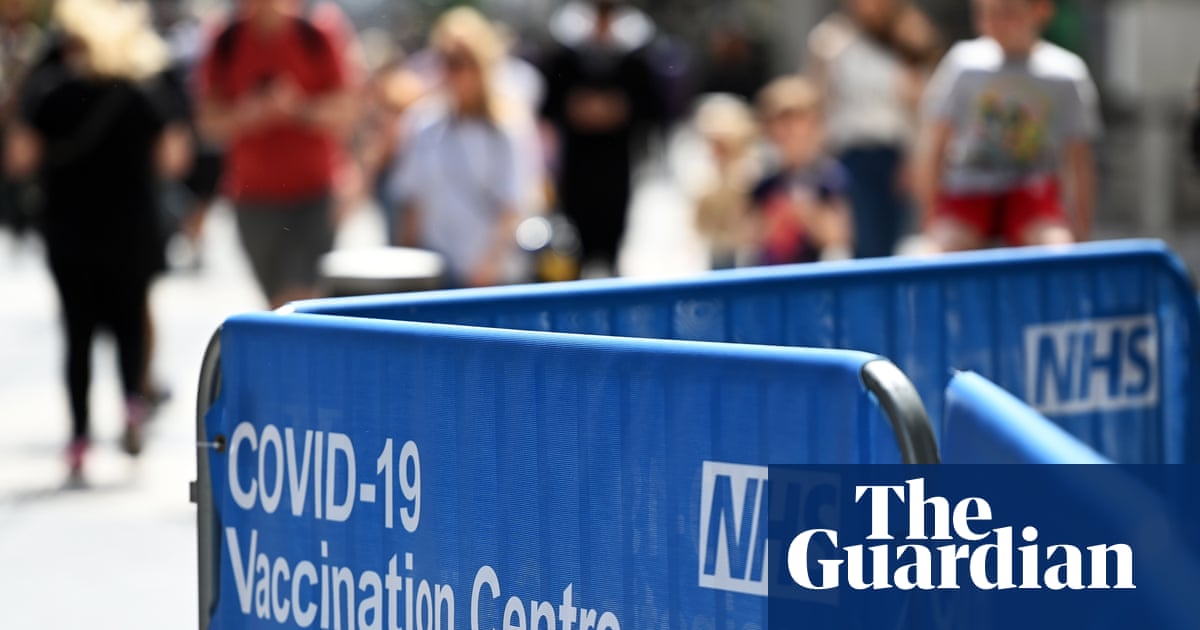You are here
Vaccine passports' increased immunisation in countries with low coverage: Lancet study
Primary tabs
 Covid passports could increase vaccine uptake, study suggests Certification encouraged vaccination in countries with low coverage, especially among young people the Guardian
Covid passports could increase vaccine uptake, study suggests Certification encouraged vaccination in countries with low coverage, especially among young people the Guardian Coronavirus passports could lead to increased uptake of vaccines, especially among young people, a study suggests.
Research by the University of Oxford found Covid-19 certification led to increased jab uptake 20 days before and 40 days after introduction in countries with lower-than-average vaccination coverage. Increase in vaccine uptake was most pronounced in people under 30. The modelling analysis was published in The Lancet Public Health. ...
The study’s co-author Dr Tobias Ruttenauer, from the University of Oxford, said: “We know that certain groups have lower vaccine uptake than others and it may be that Covid-19 certification is a useful way to encourage vaccine-complacent groups, such as young people and men, to get vaccinated.
“However, Covid-19 certification alone is not a silver bullet for improving vaccine uptake and must be used alongside other policies. Vaccine hesitancy due to lack of trust in authorities, which is common among some minority-ethnic and lower socioeconomic groups, may be addressed more successfully through other interventions, such as targeted vaccine drives and community dialogue to generate more understanding about Covid-19 vaccines.” ...



Recent Comments